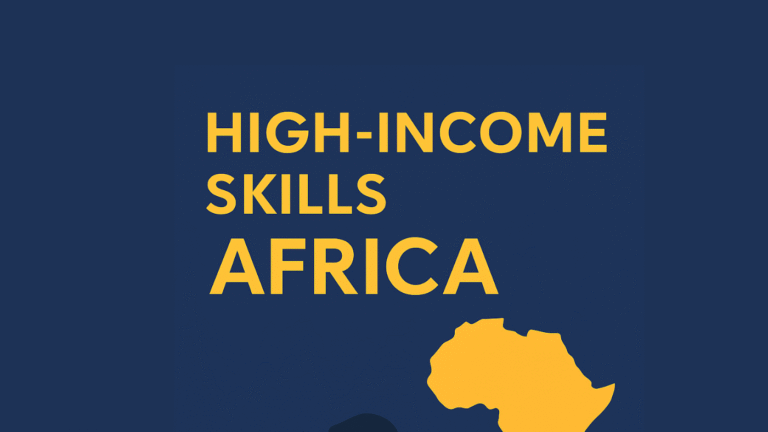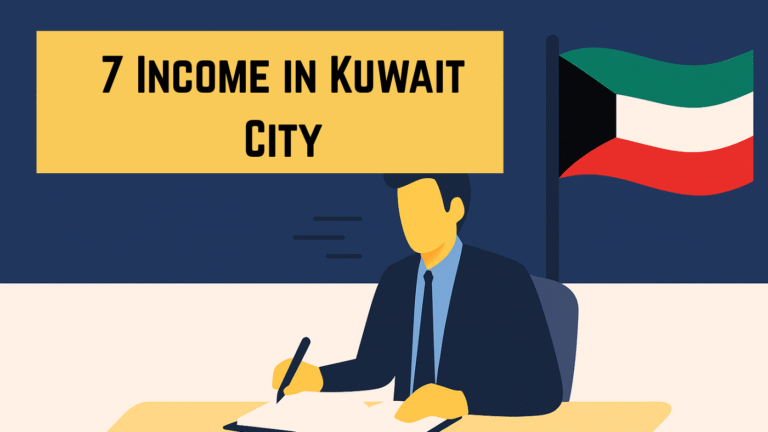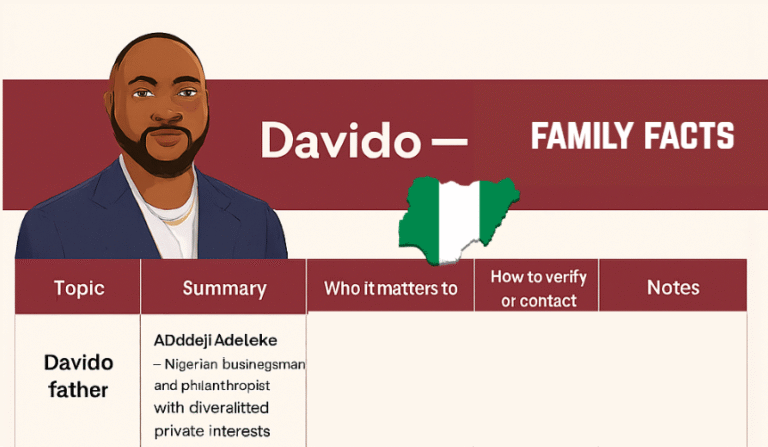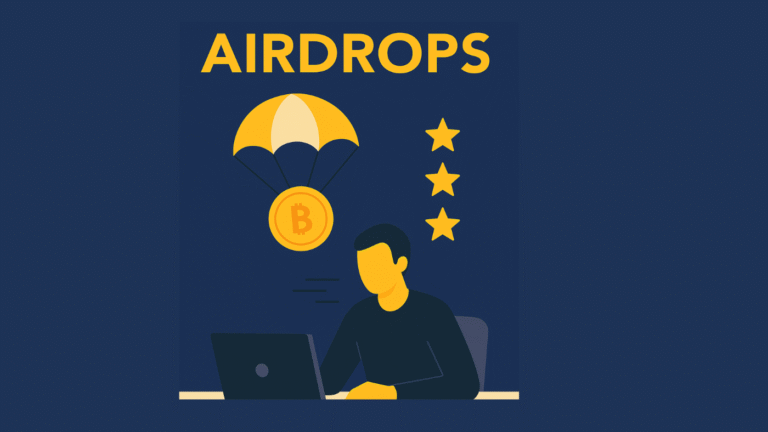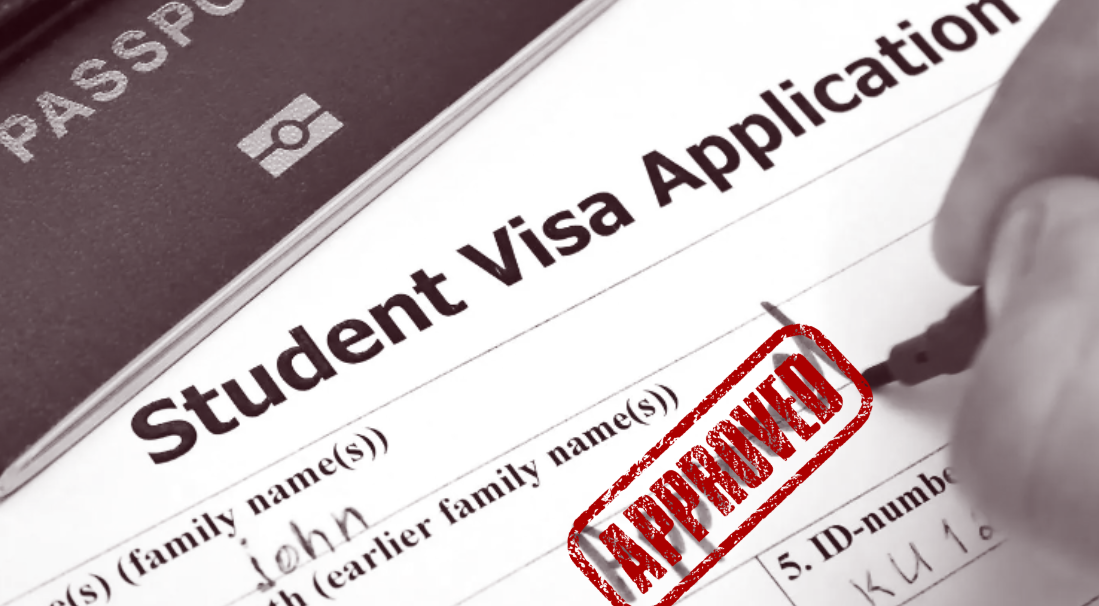
F1 visa news today
Contents
What’s Changed: Social Media Screening Is Now Mandatory
Applicants for F (academic), M (vocational), and J (exchange) visas must now: Visa Application Guidelines Visa Application Process • Publicize social media profiles for F, M, J visa applicants. • Disclose active accounts during visa application. • Review online presence, including open web platforms. • Screen and archive derogatory content. • Require participation in designated terrorist ideologies.Political Climate & Ideological Surveillance
Trump Administration’s Border Enforcement Trends • Frozen federal funding for universities like Harvard. • Capped international student enrollment at elite institutions. • Revocation or cancellation of visas based on minor infractions. • Impeached 60-day ultimatums to strengthen screening protocols.Who’s Most at Risk?
| Applicant Category | Reason for Heightened Scrutiny |
|---|---|
| Students from countries like Nigeria, China, India, and Mexico | These regions have a higher visibility of political activism, which may draw additional digital vetting during visa screening. |
| Applicants involved in online discourse about Palestinian solidarity, criticism of government, or anti-establishment views | Their digital activity may be flagged under expanded vetting for perceived hostility toward U.S. institutions or values. |
| Applicants using private or pseudonymous digital identities | Limited online visibility or anonymity could be interpreted as an attempt to conceal activity, which may raise suspicion during the visa review. |
Institutional Pushback: The Legal Front
Top universities, including Harvard, have filed legal challenges against the expanded surveillance policies, citing infringements on student rights and institutional autonomy. Federal judges have, at least temporarily, blocked Trump’s attempt to bar Harvard from enrolling international students while lawsuits are ongoing.️ Your Legal and Practical Toolkit
International students must now treat digital hygiene as an essential part of their visa strategy: Clean up online profiles to ensure lawful, respectful, and neutral content Avoid deleting entire accounts, which may raise suspicion Seek legal guidance if unsure about past activity If denied a visa unjustly, consult legal experts on appeal rights or emergency injunctionsSpar & Bernstein are providing students with compliance audits, interview preparation, and litigation support, highlighting the shift from digital behavior to immigration behavior.
FAQ
| Frequently Asked Question | Answer |
|---|---|
| 1. Is the U.S. accepting student visa applications again? | Yes, F, M, and J visa interview appointments resumed globally on June 18, 2025. |
| 2. What are F, M, and J visas? | F visas are for academic students, M for vocational students, and J for exchange visitors. |
| 3. Is social media now required for visa applications? | Yes, all applicants must make their social media profiles public and disclose usernames. |
| 4. Why do I need to make my social media public? | Limited access or privacy settings can be seen as hiding potentially derogatory activity. |
| 5. What are officials looking for on social media? | Hostility toward U.S. values, institutions, antisemitic content, or support for terrorism. |
| 6. Can my political views affect my visa application? | Yes, posts perceived as extreme or hostile—especially about U.S. or allied governments—may pose risks. |
| 7. What happens if I refuse to give social media access? | Refusal may lead to visa denial or be viewed as evasive behavior. |
| 8. Are past visa holders affected too? | Yes, returning students with F, M, or J visas are subject to the same digital vetting. |
| 9. Will my entire internet activity be reviewed? | Officers are instructed to review your entire online presence, not just social media. |
| 10. How long will visa processing take under this new policy? | Additional vetting may slow processing; some consulates may limit daily interviews. |
| 11. What about students from countries under review? | 36 countries were given 60 days to improve vetting or risk travel restrictions. |
| 12. What if I delete my social media? | Sudden deletion may look suspicious. It’s better to review and clean up content than erase accounts. |
| 13. Are elite schools like Harvard affected? | Yes, some U.S. universities are under federal pressure and legal scrutiny, especially those with high foreign enrollment. |
| 14. Is this policy permanent? | It’s active as of 2025 but subject to legal challenges and future administrative changes. |
| 15. What legal rights do I have if denied a visa? | You may consult immigration attorneys to file appeals or injunctions if denial was unfair. |
| 16. Can private messages be accessed? | No, but publicly visible interactions (likes, reposts, comments) may be factored into vetting. |
| 17. Does this apply to scholarships or only visas? | This applies to visa screening only, but it may affect your eligibility if you’re already admitted on a scholarship. |
| 18. Who implemented this policy? | It stems from Executive Order 14188, signed in January 2025, focused on antisemitism and digital threats. |
| 19. Are embassies ready to handle the new workload? | Consulates have been advised to reschedule appointments accordingly due to increased screening burden. |
| 20. Is legal help available for students? | Yes—firms like Spar & Bernstein and many university legal clinics offer help. |
| 21. How can I prepare my online presence before my interview? | Avoid extreme content, double-check your old posts, and align your profile with your academic goals. |
| Question | Answer |
|---|---|
| What is the new rule for F1 visa? | As of 2025, F-1 applicants must make their social media profiles public for vetting. Interview waivers and rescheduling flexibility have also been introduced. |
| What is the current F1 visa approval rate? | Globally, around 63–65%. In Nigeria, it was 63.7% in 2023, down from 80.2% in 2021. |
| Are F1 visa slots open now? | Yes, for Fall 2025 intake, slots are being released periodically through May and June. |
| Have student visa interviews resumed? | Yes. After a brief suspension in May 2025, interviews have resumed with enhanced social media screening. |
| Which consulate is best for an F1 visa? | All U.S. consulates follow the same rules. Approval depends more on your profile than location. |
| What are the restrictions on F1 visa? | You must study full-time, can’t work off-campus in the first year, and must maintain a foreign residence. |
| Why is it showing no slots available for U.S. visa? | High demand, limited staffing, or bots hoarding slots can cause this. Keep checking at off-peak hours. |
| How to get an early date for a U.S. visa interview? | Monitor the site frequently, especially late at night or early morning. Join alert groups or use tracking tools. |
| How do I get an emergency F1 visa appointment? | Apply via your USTravelDocs profile with proof of urgent need (e.g., program start within 60 days). |
| Which browser is best for U.S. visa slot booking? | Chrome, Edge, and Firefox are recommended. Chrome with extensions like Easy Slot Booking is popular. |
| How to get an early slot for a U.S. visa? | Use multiple devices, check during off-peak hours, and join Telegram/WhatsApp alert groups. |
| How much is the fee for F1 visa slot booking? | $350 for SEVIS + $185 for the visa application (MRV) fee. |
| How do I get a new F1 visa? | Apply to a SEVP-approved school, get an I-20, pay SEVIS, fill DS-160, pay MRV, and schedule your interview. |
| How to expedite a US visa appointment? | After scheduling a regular appointment, request an expedited one with supporting documents. |
| What is the success rate of F1 visa in Nigeria? | 63.7% in 2023, down from 80.2% in 2021. |
| How long does F-1 approval take? | Typically 2–8 weeks depending on embassy workload and season. |
| Which country has the highest US visa rejection rate? | African countries like Nigeria and Ethiopia have high rejection rates—up to 78%. |
| Why is the US rejecting a student visa? | Common reasons: weak ties to home country, insufficient funds, or unclear study plans. |
| How fast can you get an F1 visa? | If all goes smoothly, within 2–4 weeks. Emergency appointments may be faster. |
| Which country has the highest student visa success rate? | Countries like Japan, Israel, and UAE have very low rejection rates (under 5%). |
| Can I be rejected with a F1 visa? | Yes. Even strong applicants can be denied under Section 214(b) if intent to return isn’t clear. |
| Can I take my wife with me on F1 visa? | Yes, your spouse can apply for an F-2 dependent visa. |
| What is the time period of F1 visa? | Valid for the duration of your academic program plus 60 days grace period. |
| How can I book visa slots faster? | Use slot trackers, check at odd hours, and avoid browser extensions that violate terms. |
| How many times can I check US visa slots in a day? | Most portals limit you to 3 logins per day. Refreshing too often may lock your account. |
| Is US visa slots opened? | Yes, especially for Fall 2025. Slots are being released in batches. |
| How do I rush my US visa appointment? | Request an emergency appointment with proof of urgency. |
| How to book a F1 visa slot? | Complete DS-160, pay SEVIS and MRV fees, create a USTravelDocs profile, and schedule two appointments (OFC + interview). |
| How to book emergency slot for US visa? | After scheduling a regular slot, submit an emergency request via your profile. |
| How do I book a US visa schedule? | Through USTravelDocs after completing DS-160 and paying fees. |
| Is hotel booking required for US visa? | No, but you may be asked about your accommodation plans. |
| Which country has the weakest visa? | Afghanistan, Syria, and Iraq often rank lowest in passport strength indexes. |
| How to avoid US visa rejection? | Be honest, prepare well for the interview, show strong home ties, and have clear academic goals. |
| Which countries can travel to the USA without a visa? | Citizens of 40+ countries under the Visa Waiver Program (e.g., UK, Japan, Germany). |
| Can I change my DS-160 after scheduling an appointment? | Yes, but you must update the new DS-160 confirmation number in your profile. |
| Is America issuing visas now? | Yes, visa processing has resumed globally with some new screening rules. |
| How long after a visa interview will I get my visa? | Usually 5–10 business days, but it can vary. |
| Is America doing visa lottery? | Yes, the Diversity Visa (DV) Lottery is held annually. |
| Is F-1 a non-immigrant visa? | Yes, it’s a non-immigrant visa for full-time academic study. |
CONCLUSION
The policy affecting over 1.1 million international students in the U.S. is a significant cultural shift, extending beyond border control to digital identity control. Students need preparedness, transparency, and strategic caution when studying in the U.S., as knowledge is crucial for protection and exercising their learning rights.Discover more from STEVTEK
Subscribe to get the latest posts sent to your email.
